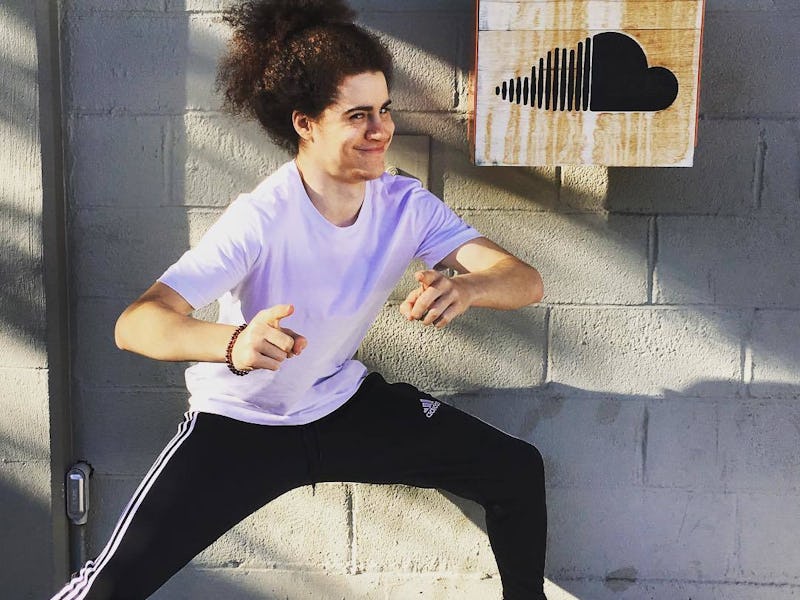Soundcloud Go is the Wild West of Streaming Services
The new paid subscription service offers a messier alternative to Spotify and Apple Music, with bigger holes but more rarities.

Before the monoculture of Spotify — which was only somewhat derailed by the advent of Apple Music — there was an experience one might occasionally have at parties. One would search Grooveshark.com to add songs to a communal playlist. The database was scrappy, and frankly, mostly illegal, which is in part why Grooveshark no longer exists. But there was a thrill there, or perhaps a huge source of aggravation; it depends on the type of person you are.
For those with a love of investigative music discovery — who once got a thrill from sifting through poorly tagged MP3s on the original Napster platform — the new paid subscription service Soundcloud Go will scratch an itch. MP3 blogs are a barren wasteland these days, and if you’re not a serious torrenter, you may well feel like a formerly adventurous music pirate without a country these days. Soundcloud Go — which hosts a profoundly disorganized supplement to the normal 125 million-strong Soundcloud platform — is not for users who simply want to sample a major new pop album in a couple click-throughs on Spotify. It’s designed for people who enjoy happening onto things, and sifting through debris like virtual crate-diggers — sampling strange DJ mixes, building curated playlists, and discovering new artists.
Soundcloud Go, which offers a 30-day free trial before users begin a $9.99 a month payment plan, is basically an extension of the normal, gleefully disorganized Soundcloud interface. It’s so seamlessly integrated that it’s fairly hard to know what’s paid content and what is normal, free, user-uploaded Soundcloud fare. This makes it harder to search for things and find official rips of music; songs are often arranged into odd playlists rather than albums. It also makes it a lot easier to discover songs by your favorite artist that you didn’t even know existed, or a user who uploads a lot of unusual music that overlaps with your interests. In this way, it fosters a community element — and, of course, you yourself can upload tracks as a Go member, and find a place in the library. Just prepare for a cease and desist warning if you upload, say, a Prince album.
In terms of well-organized content, Soundcloud Go is ideal for new music, because a lot of contemporary artists have active, official Soundcloud pages. Go augments the material they have already uploaded there. On Kanye’s page, for instance, the loose tracks he has posted accompany a “playlist” of his newest album The Life of Pablo. They are not, like Pablo, banded into handy playlists, but the better part of his studio discography is on the site, nonetheless, along with errant Soundcloud rips, alternate studio songs, and remixes that you won’t find elsewhere. So in Kanye’s case — see also: Rihanna’s remix-studded search results — you get more raw content than you would on any other platform, but enjoying it requires attention and active curation.
In the case of older artists, there is a similarly disparate and disorganized spread, but still, a fair amount of content. Harry Nilsson has 372 tracks to his name, but they are posted without a clear chronology, or any preorganized playlists:
Soundcloud Go feels both like a distinctly #2016, young-millennial-oriented platform and a throwback to the early days of MP3 sharing. It ignores the album- as-governing-unit idea, and cultivates a social media-like element. At the same time, it’s disorganized and thoroughly non-search-optimized in a way that feels primitive. The contrast here makes Soundcloud Go worth a try, if you are looking for a music discovery homebase that feels more like a living thing — flawed, unwieldy, and full of surprises.
It may not last — Soundcloud has definitely been experiencing Soundcloud has definitely been experiencing financial troubles recently, and the service is not selling everyone. So sample now, while you still can.